Coordinator
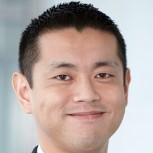
Fumiya Iida
Professor
Department of Engineering
University of Cambridge
Fumiya Iida is Professor of Robotics at the Department of Engineering, University of Cambridge. Previously he was an assistant professor for bio-inspired robotics at ETH Zurich (2009-2014) and a lecturer at Cambridge (2014-2018). He received his bachelor and master degrees in mechanical engineering at Tokyo University of Science (Japan, 1999), and Dr. sc. nat. in Informatics at University of Zurich (2006). In 2004 and 2005 he was also engaged in biomechanics research of human locomotion at Locomotion Laboratory, University of Jena (Germany). From 2006 to 2009 he worked as a postdoctoral associate at the Computer Science and Artificial Intelligence Laboratory, Massachusetts Institute of Technology in USA. In 2006 he was awarded the Fellowship for Prospective Researchers from the Swiss National Science Foundation and, in 2009, the Swiss National Science Foundation Professorship. He was a recipient of the IROS2016 Fukuda Young Professional Award, Royal Society Translation Award in 2017, Tokyo University of Science Award in 2021. His research interests include biologically inspired robotics, embodied artificial intelligence, and biomechanics of human locomotion and manipulation, where he was involved in a number of research projects related to dynamic legged locomotion, navigation of autonomous robots, and human-machine interactions.
Speakers
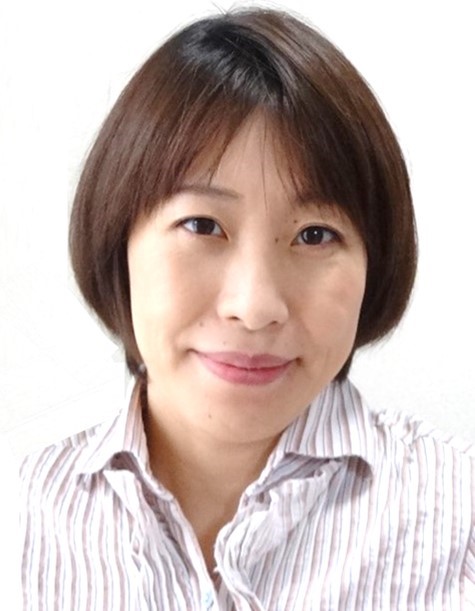
Kanako Harada
Associate Professor
School of Engineering
The University of Tokyo
Kanako Harada is an Associate Professor at the Center for Disease Biology and Integrative Medicine (CDBIM) within the Graduate School of Medicine at the University of Tokyo, Japan. She also holds positions in the Department of Bioengineering and the Department of Mechanical Engineering within the Graduate School of Engineering. In addition, she serves as a project manager for the national flagship "Moonshot" project led by the Cabinet Office. She received her M.Sc. in Engineering from the University of Tokyo in 2001 and her Ph.D. in Engineering from Waseda University in 2007. Prior to joining The University of Tokyo, she held positions at Hitachi Ltd, the Japan Association for the Advancement of Medical Equipment, and Scuola Superiore Sant'Anna in Italy. She also served as a program manager for the Cabinet Office's ImPACT program from 2016 to 2019. Her research interests cover a range of areas, including surgical robotic systems, robotic automation for medical applications, and medical device regulation.
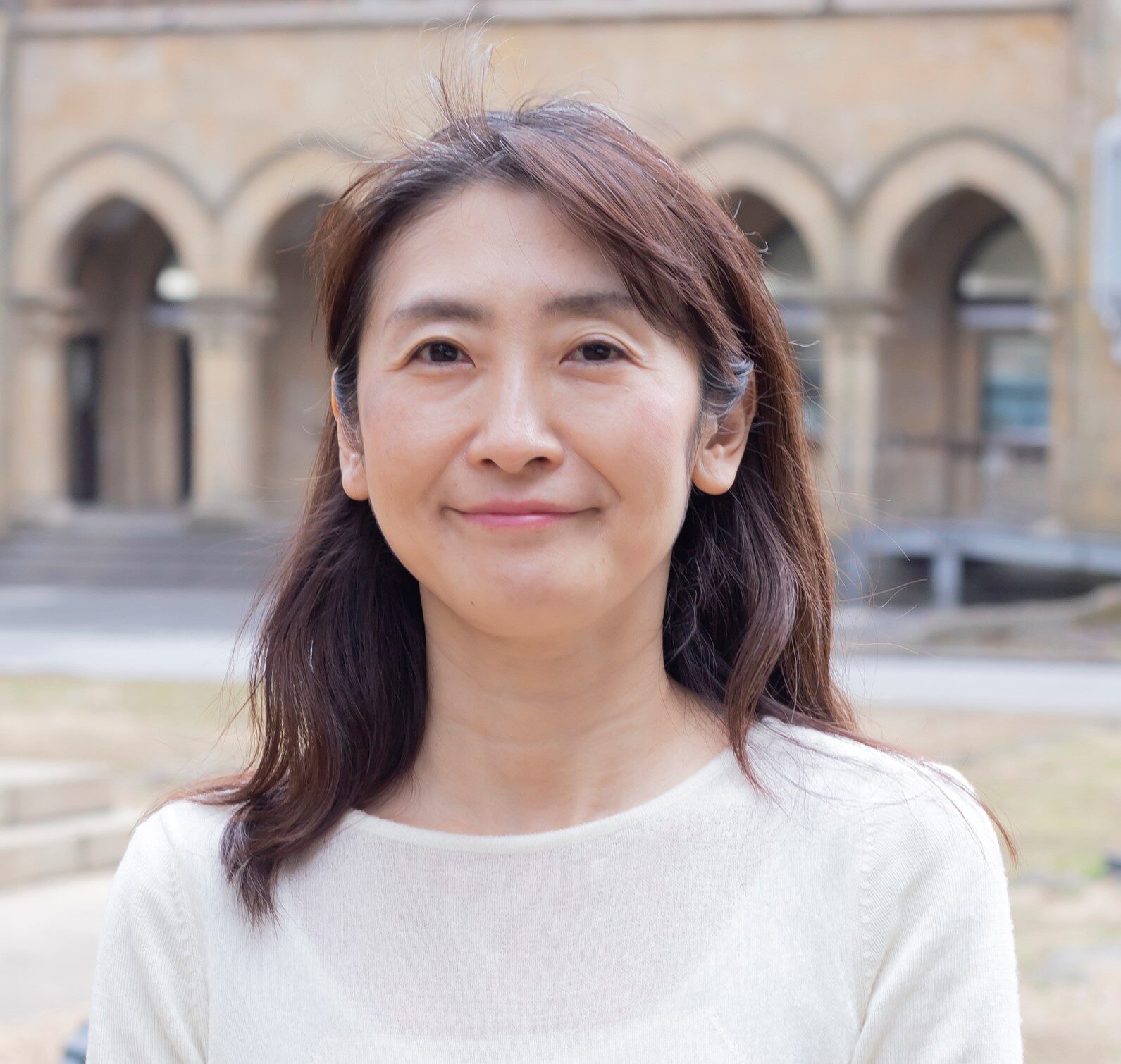
Etsuko Kobayashi
Professor
School of Engineering
The University of Tokyo
Prof. Kobayashi received the B.S., M.S., and Ph.D. degree in precision machinery engineering from the University of Tokyo, Tokyo, Japan in 1995, 1997 and 2000, respectively. She was in the School of Frontier Science, the university of Tokyo from 2000-2006, the School of Engineering, the University of Tokyo, from 2006-2018, Tokyo Women’s Medical University, 2018-2020. Her research focuses on Mechatronics technology for life and medicine including surgical robotics, image processing system, biomedical instrumentation and robot system for nursing care and welfare. She is a member of IEEE, ISCAS (International society of computer aided surgery), The robotics society of japan, Japanese society for medical and biological engineering.

Thomas Bohné
Senior Research Associate
Founder and Head
Cyber-Human Lab
University of Cambridge
Thomas Bohné is the founder and head of the Cyber-Human Lab at the University of Cambridge’s Department of Engineering. He is also leading research on human-oriented digital systems and the impact of digital technologies on human behaviour as part of a new EPSRC Made Smarter Innovation Research Centre. With his team he co-founded and is co-leading the Augmented Workforce Initiative in collaboration with the World Economic Forum.
He is member of the Management Board of the Observatory for Human Machine Collaboration, member of the EPSRC Centre for Doctoral Training in Agri-Food Robotics, and member of the Strategic Technology and Innovation Management Consortium. Thomas is co-founder, Senior Treasurer, and Executive Committee member of the Cambridge University VR / AR Society. He is former president and current Senior Treasurer of the Cambridge University Cycling Club. He is also trustee (“Vertrauensdozent”) of the UK Group of “Stiftung der Deutschen Wirtschaft”.
Thomas holds a PhD from the University of Cambridge’s Department of Engineering, an MPhil from Cambridge’s Judge Business School, and an MLitt from the University of St Andrews. He has been a Visiting Fellow at Harvard University and has held positions at RWTH Aachen University and the University of Auckland. He has also worked in consulting, investment banking, venture capital, pharma, retail, public policy, and emergency response.
He has received many awards including the Institute for Manufacturing’s Research Excellence Award, IEEE Conference on Human-Machine Systems Best Paper Award, Early Career Excellence in Teaching Award, Knut Holt Best Paper Award, and Hayek Fund Award.
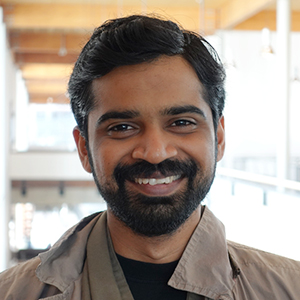
Ajay Shankar
Post-Doctoral Research Associate
University of Cambridge
I am currently a post-doc (post-doctoral research associate) in the Department of Computer Science & Technology in the Prorok Lab at the University of Cambridge, UK. My work revolves around agile multi-robot systems in the field: I develop systems and algorithms that enable teams of robots to plan, reason and cooperate, and most importantly, do all of these in real-world (outdoor) settings. I completed my PhD at the University of Nebraska-Lincoln (UNL), USA, where I worked on field aerial robots in the Nimbus Lab, was co-supervised by Dr Carrick Detweiler and Dr Sebastian Elbaum (now at Univ. of Virginia, USA), and built many fortunate collaborations with Dr Adam Houston (Earth and Atmospheric Sciences, UNL). Although my work falls primarily under robust software autonomy & controls, during the course of system development, I often like to build and interface low-level hardware sensor and actuator systems (electro/mechanical).
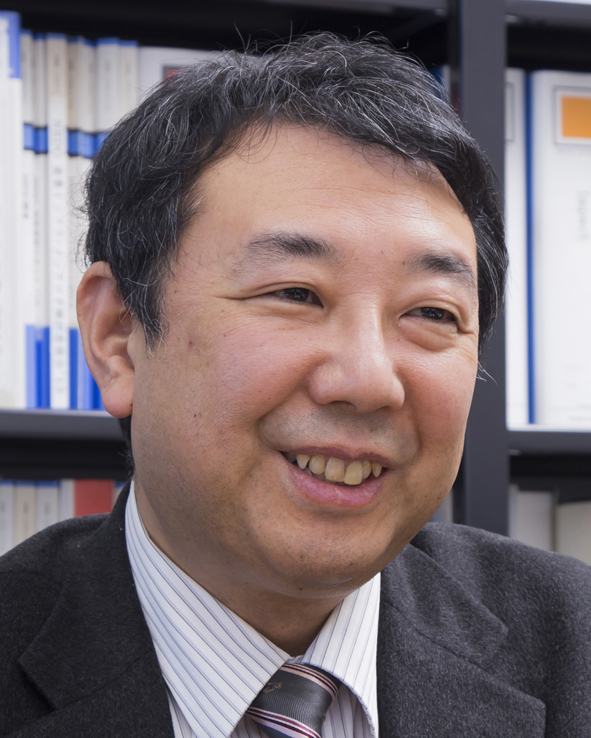
Hajime Asama
Professor
School of Engineering
The University of Tokyo
Hajime Asama received M. S., and Dr. Eng. from UTokyo (the University of Tokyo) in 1984 and 1989. He worked at RIKEN, Japan from 1986 to 2002, became a professor of RACE (Research into Artifacts, Center for Engineering) of UTokyo in 2002, a professor of School of Engineering since 2009, and the director of RACE since 2019. He received SICE System Integration Division System Integration Award for Academic Achievement in 2010, JSME Award (Technical Achievement) in 2018, etc. He was the vice-president of RSJ in 2011-2012, an AdCom member of IEEE Robotics & Automation Society in 2007-2009. Currently, he is the president of IFAC since 2020. He is a council member of the Science Council of Japan since 2017. He is a Fellow of IEEE, JSME, and RSJ.
His main research interests are service robotics, distributed autonomous robotic systems, embodied brain science systems, and cognitive ergonomics.
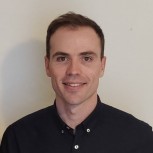
John Dudley
Machine Learning and Machine Intelligence MPhil Course Director
Department of Engineering
University of Cambridge
John Dudley is Course Director for the MPhil in Machine Learning and Machine Intelligence. His research focusses on the design of interactive systems that dynamically adapt to user needs and behaviours. He is particularly interested in the design of user interfaces for productive and enjoyable applications of virtual and augmented reality.
